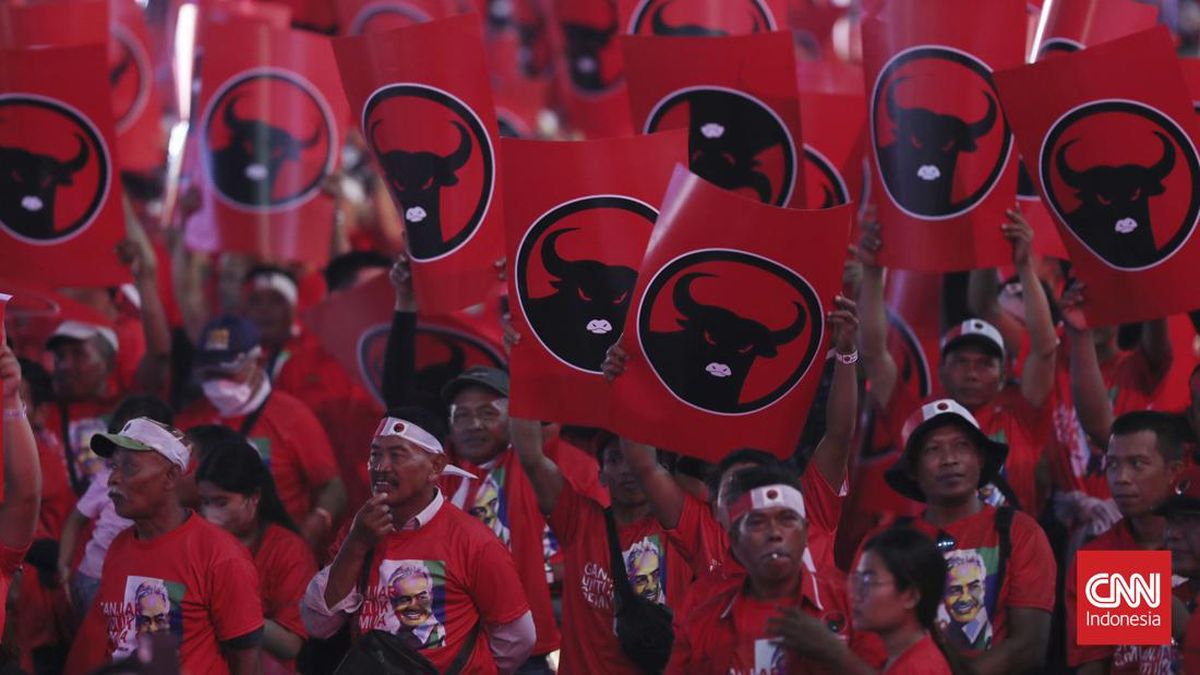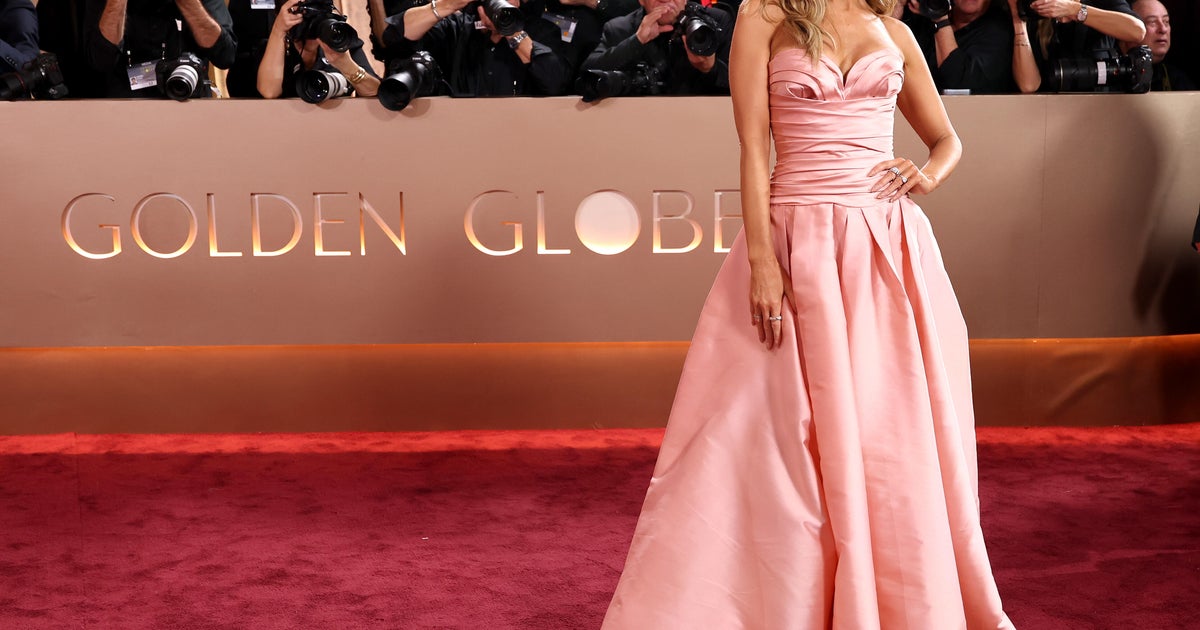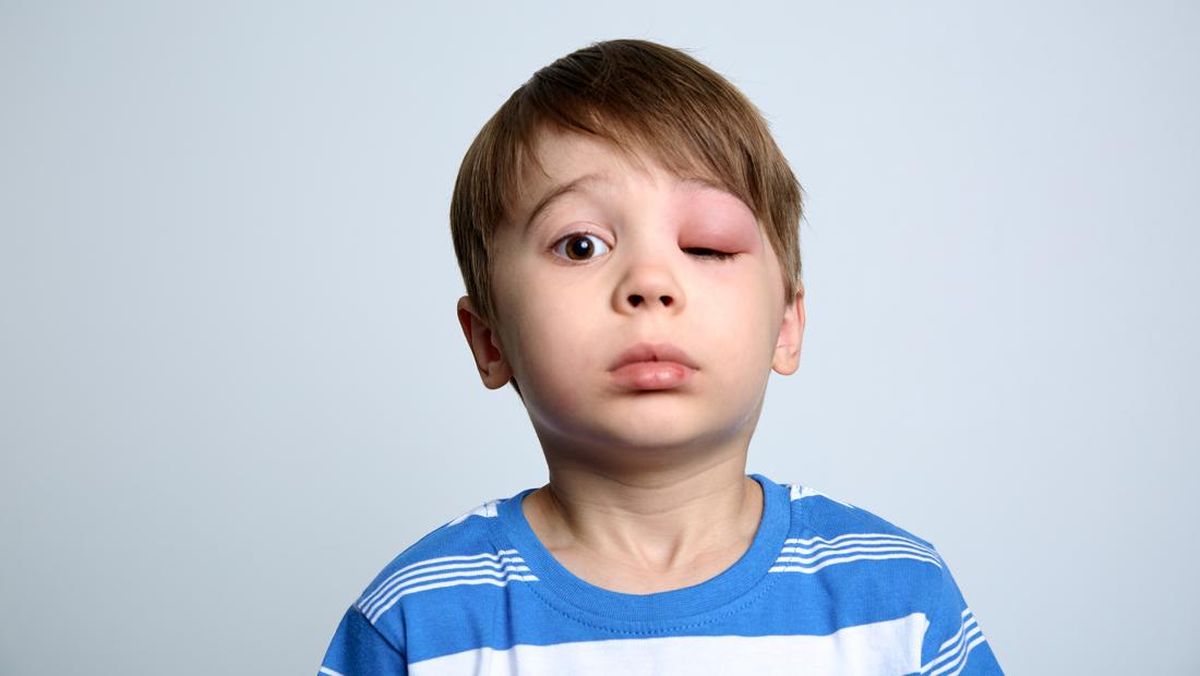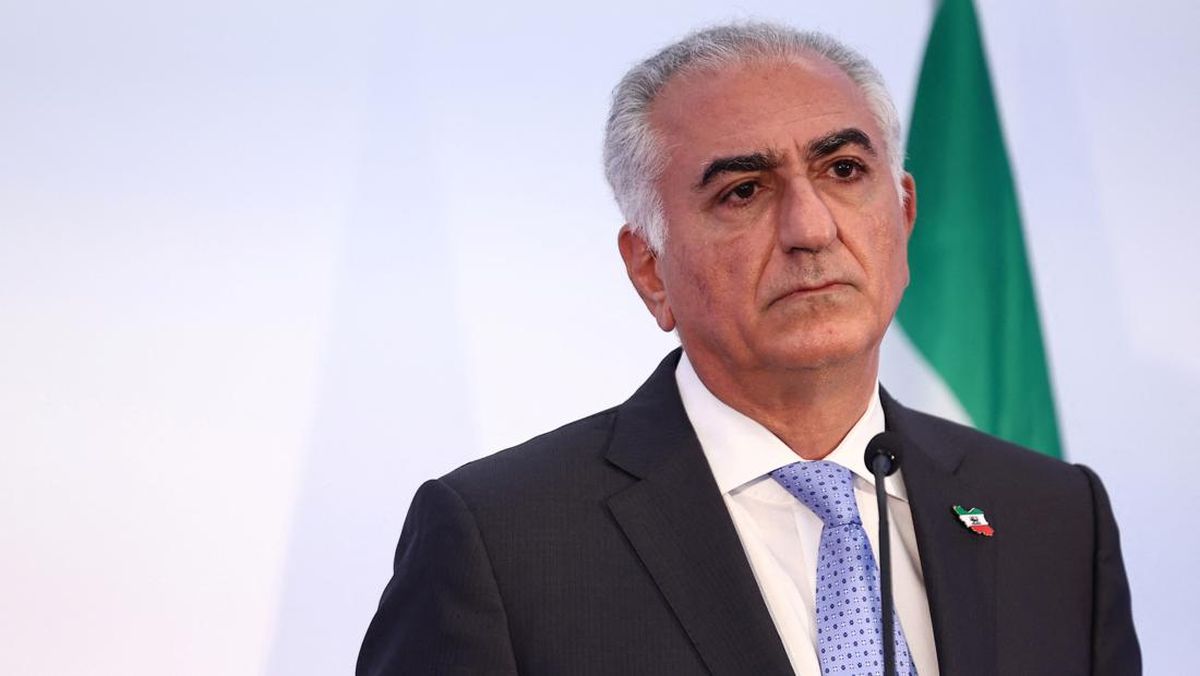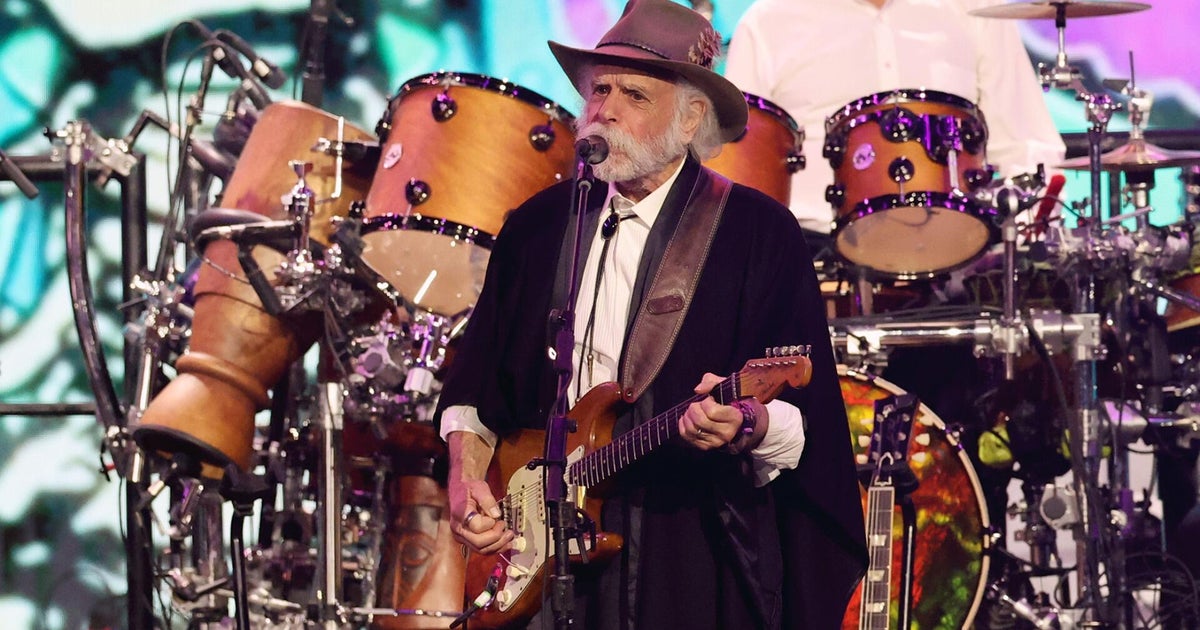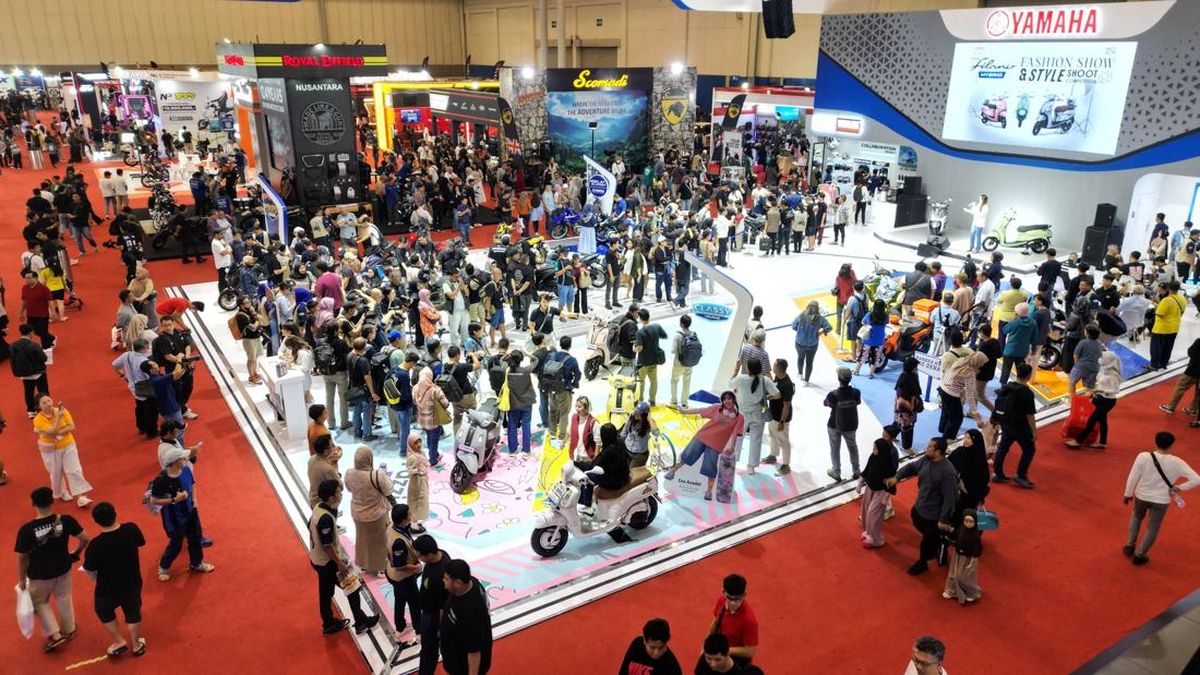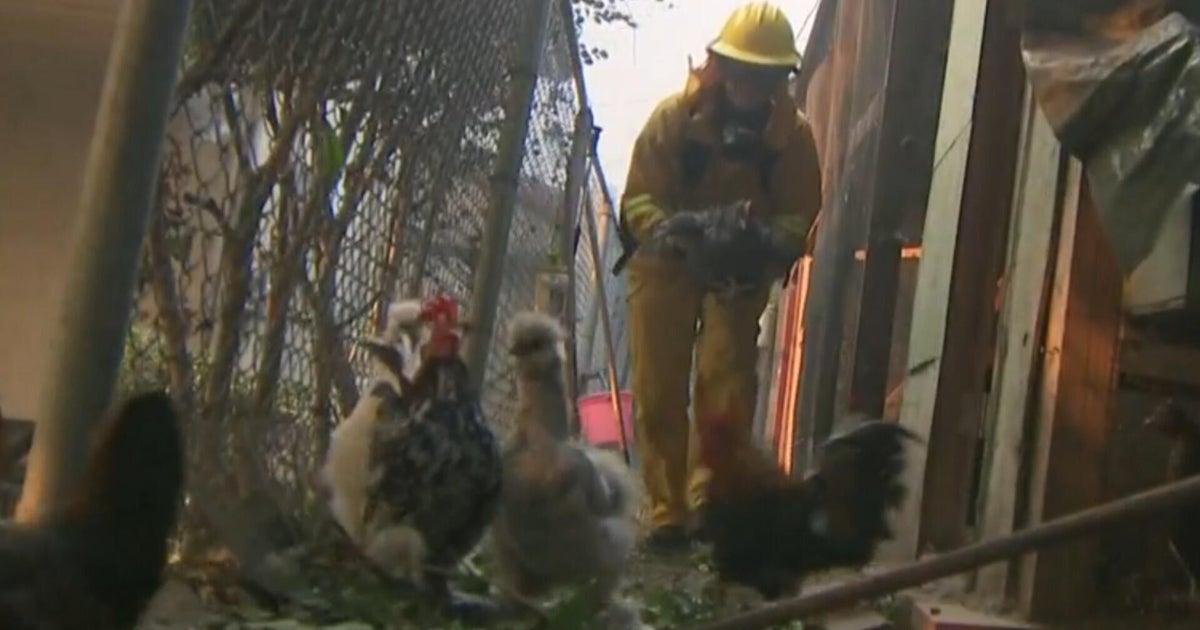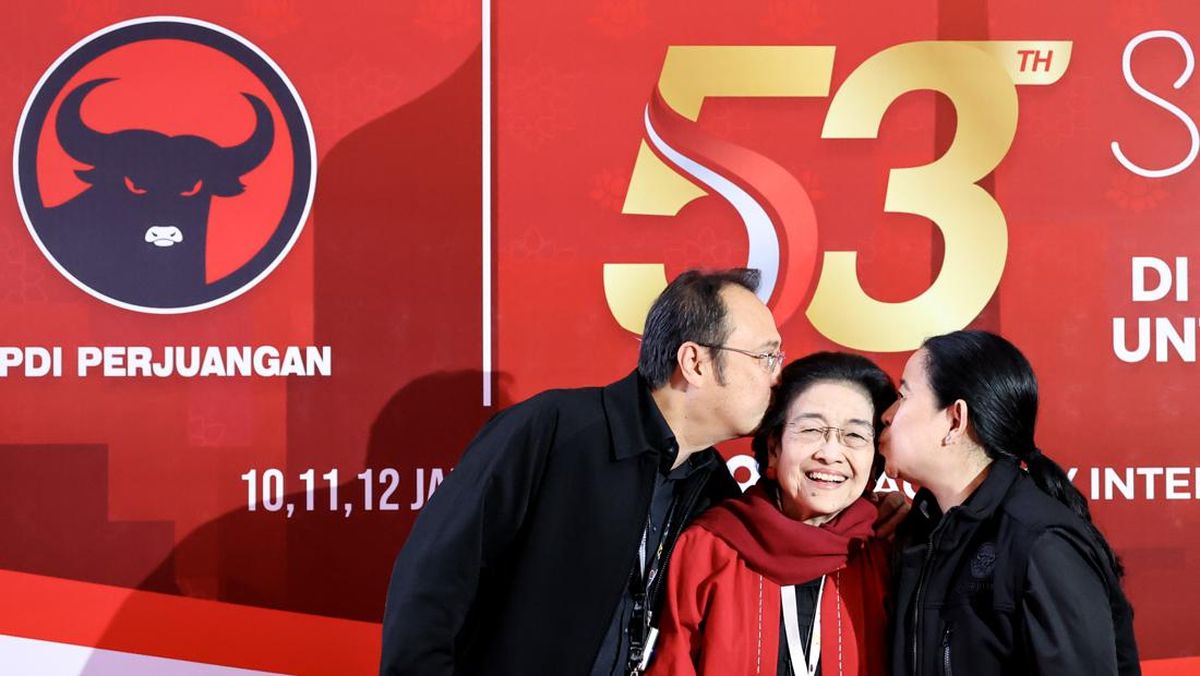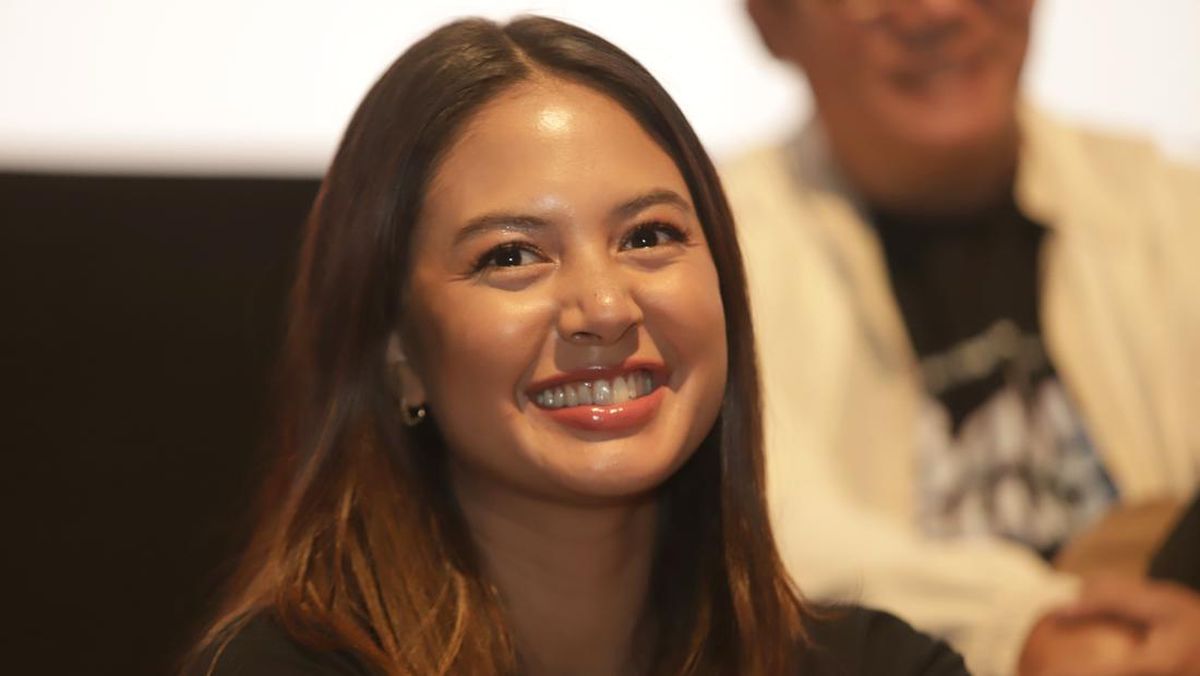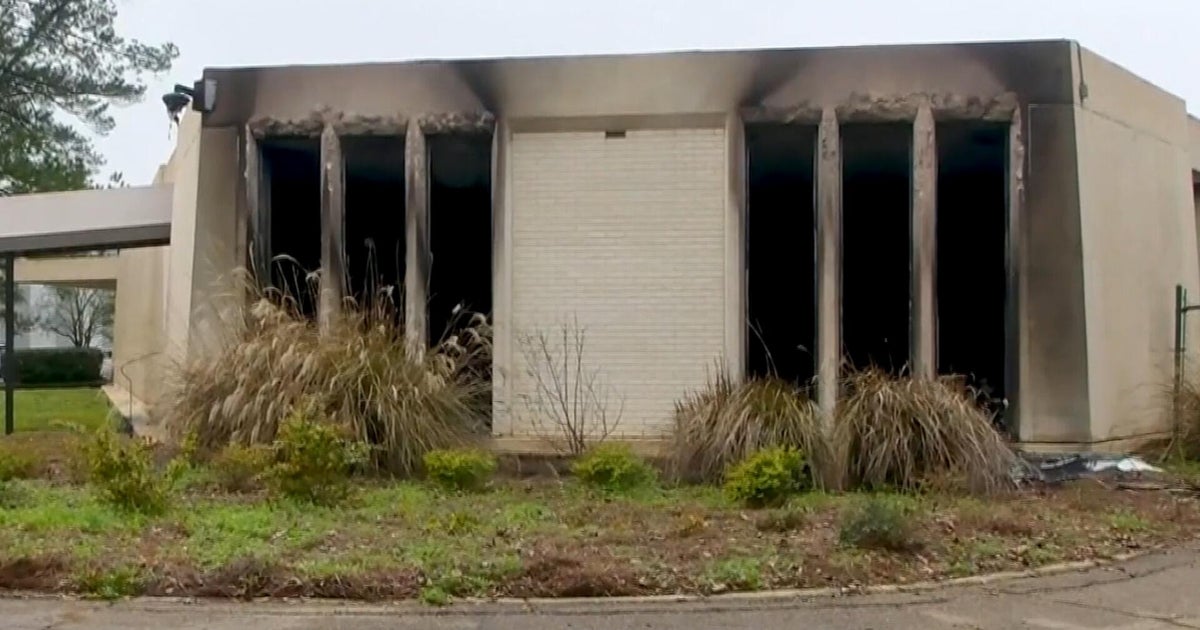Each week, Benjamin Law asks public figures to discuss the subjects we’re told to keep private by getting them to roll a die. The numbers they land on are the topics they’re given. This week he speaks to Aaron Pedersen. The actor, 55, an Arrernte-Arabana man, is best known for his AACTA-winning and Logie-nominated role as Detective Jay Swan in Mystery Road. He has also acted in Total Control, The Gloaming and Jack Irish.

Aaron Pedersen: “I’ve always thought that we don’t have a ‘black problem’ in this country: we have a white problem.”Credit: Joshua Morris
RELIGION
Tell me about your relationship to religion. From an Indigenous perspective, religion was always forced upon us. I grew up in [foster] homes, and every now and again, we were forced to go to church. It never really caught on with me. I always had a sense of us being the oldest continuing culture in the world, though. For me, the universe is the religion: Mother Earth, Father Sky. When I look at the Milky Way and the stars, I just think, “Wow, what’s beyond all that?” That’s what it’s all about.
Sounds like you’re tapping into awe and wonder there. When was the last time you felt those things? We were up in Middleton, Queensland, shooting Goldstone [the 2016 Mystery Road thriller] in the middle of nowhere. Being under the stars and seeing the Milky Way – and the depth of it – put a lot of things in perspective. Also, growing up in Alice Springs, on a beautiful night out of town, you could see the curvature of the Earth from horizon to horizon. That stuff is profound. Lots of people have walked under those stars; a lot of stories have been lived under those stars.
What are your commandments for good acting? ”Thou shalt be generous.” Beauty happens when you’re generous. And “Thou shalt listen.” Great actors are great listeners. They’re lessons for life, too, I suppose.

Pedersen (left) and David Gulpilil in the film Goldstone.Credit: Transmission
POLITICS
In general, how do you feel Australia’s going? Australia, in a lot of ways, was fed all the wrong information about us Indigenous Australians. Education hasn’t played the role it should have. The Queen’s [colonialist] curriculum has been taken on all over the world, and it’s been implemented against indigenous cultures and indigenous people, undermining indigenous people from the outset. I’ve always thought that we don’t have a “black problem” in this country: we have a white problem.
Did you always sense something was wrong growing up, or was that something you understood as an adult? I just remember being a school kid seeing the imbalance at school: the treatment of the Aboriginal kids compared to non-Aboriginal kids. The imbalance was always pretty evident, but it takes a long time to [address]. For instance, I have this belief that we’ll get our treaty in this country. It won’t be in my lifetime, but it’ll happen. There are lots of Aboriginal people who have been and gone. They never got to see a treaty, but they fought for it. Rather than feeling that what I’m doing is pointless, I realise that I’m part of a bigger picture, part of a bigger journey, and I have to contribute – in my way – to make that happen.
At the same time, I find your belief that a treaty won’t happen in your lifetime heartbreaking. Especially given the Voice was designed to precede a treaty. Firstly, I knew it [the Voice] wasn’t going to get up.
Really? Yeah, you get a feeling in your bones. It didn’t stop me from voting yes. I voted with the understanding that it would’ve been beautiful if I’d been quietly surprised, but I knew. And that’s OK. At the end of the day, I understand who I’m living with; I’m not under any illusions. History tells me enough, really. But Australia has to have this journey. It has to work out its own level of maturity. We go about announcing ourselves to the world that we’re a particular type of country, but out of all the Commonwealth nations, we’re the only one that doesn’t have a treaty [with its indigenous people]. That says enough. But it’s coming.
Loading
You’ve got the name recognition; you think about issues deeply. Have you considered running for office? There’s more power in being an artist. Good luck to them for being politicians. It’s a particular type of world, and I don’t belong in that world.
BODIES
Did you feel attractive growing up? No. I don’t think it was ever a part of the thought pattern.
Yet for a long stretch of your career, you’ve been considered a heart-throb. [Laughs] I’m not sure about that!
Weren’t you once Bachelor of the Year in Cleo magazine? Sure, once. In 1994 …
See, you can’t deny it. That’s not to do with looks!
It’s totally to do with looks. [Laughs] No, it’s about other aspects!
Have you found it uncomfortable, having to navigate attention on your looks? I don’t think I’ve ever navigated attention on my looks. When I came into the game, I was in my 20s. Also, I’m a bit of a brooder and I refused to smile.
You are good at brooding. I just thought at the time, “I want to be taken seriously as an actor, based on performance alone.” So I kind of never really felt like I was under any pressure to get work based on my physicality.
What do you like about your body? I think it’s ageing well. I’ve got healthy skin, and I don’t have to use too many products.
Anything you’re struggling with, or finding a challenge? Maybe old sporting injuries. And the body’s reacting differently to the way it used to. It doesn’t recover as quick. But I’m pretty clean-living: I don’t drink – I haven’t drunk in years – so I don’t feel like I’m up against it in any way. I feel as if I’m in a good place. My mental health’s fantastic. My physical health is fantastic. I’ve still got all my limbs and all my faculties. What’s not to love about that?
Most Viewed in National
Loading


